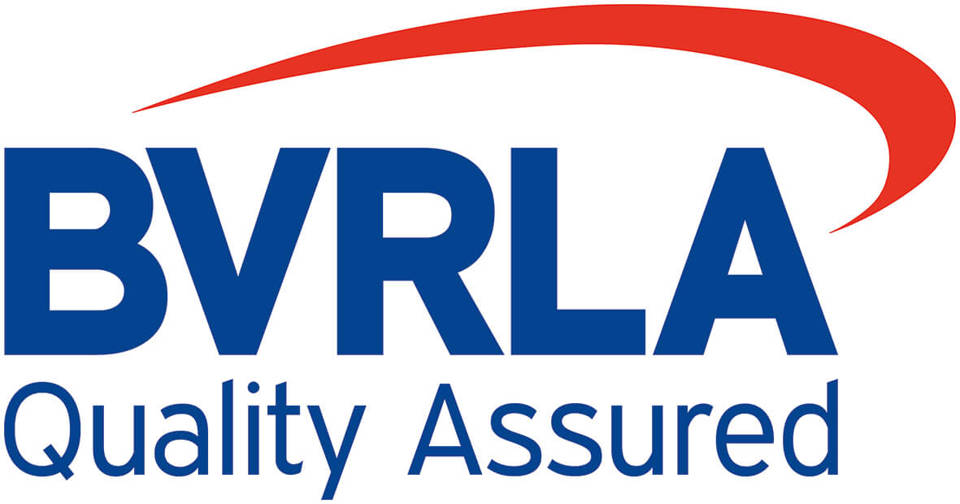Plans to remove 100% First Year Allowances on low-emission cars purchased for leasing will push fleets away from the greenest vehicles, the BVRLA has warned the chancellor in its Budget submission.
The submission focusses on three key areas where the association feels the Government’s strategy to reduce road transport carbon emissions is badly flawed.
“The leasing industry has led the way in driving down CO2 emissions, helped by a well-signposted tax regime that incentivises fleets and drivers to choose greener vehicles,” said BVRLA chief executive, John Lewis.
“Unfortunately, this momentum is being threatened by some glaring policy errors that we urge the government to deal with.”
It is arguing for the Government to retain 100% First-Year Allowances for low-emission leased cars.
These allowances give corporate purchasers the ability to write-off the cost of low-emission cars against their taxable profits in the first year of ownership, says the BVRLA.
Unfortunately, even allowing for reduced fuel costs, such low-emission eco-diesel, hybrid and plug-in cars are more expensive than their higher-emitting petrol and diesel counterparts and the allowances play a vital role in enabling fleets to bridge this cost gap.
It says that UK leasing companies have been very successful at passing on the benefit of these allowances to their customers. More than 19% of the company cars they supply currently qualify by virtue of emitting less than 110g/km CO2.
However, from April, the government wants to remove the ability to claim 100% first year capital allowances on low emission leased cars, while retaining it for direct purchasers.
It has justified this move by claiming that it is worried about the potential for the allowances to be claimed by companies leasing UK vehicles into other countries.
The BVRLA has found no evidence of any potential for cross-border leakage of allowances. The association believes that removing the allowances discriminates against the thousands of businesses who rely on leasing to finance their transport requirements and will encourage them to lease cheaper, higher-emitting vehicles.
It estimates that the removal of 100% first-year allowances for the sector will lead to average new car emissions rising during the next tax year.
It is also arguing for a review of AMAP rates. The current Approved Mileage Allowance Payment (AMAP) system, which reimburses employees who use their car at work, is the only company car tax or allowance that incentivises motorists to drive more.
In most cases, current AMAP rates overcompensate for work use of the average car and as such can provide tax-free extra income to many workers, who have an incentive to drive more ‘business miles’.
The BVRLA wants AMAP rates reviewed and linked to vehicle emissions, to encourage grey fleet drivers to use greener cars and remove any incentive for extra mileage.
Finally, it is also calling for a re-think the Plug-in Car Grant scheme. The Government’s Plug-in Car Grant has been successful in subsidising manufacturers’ over-expensive list prices, but has struggled to drive significant take-up of ultra-low or zero emission vehicles.
The Government needs to replace or support the existing grant with guaranteed long-term incentives such as VED-exemption, subsidised charging points and free parking, which would support owners and stimulate demand for used plug-in cars.


















annoymous - 18/03/2013 15:42
Amazing so the BVLRA are asking for the advisory fuel rate to be increased and AMAP reduced how does that work. is it likely hmrc will ageree to this seeing any reduction will impact on a large proportion of public sector workers who are unlikely to be offered a company car and a drop in rate will make then resort to running older less green cars